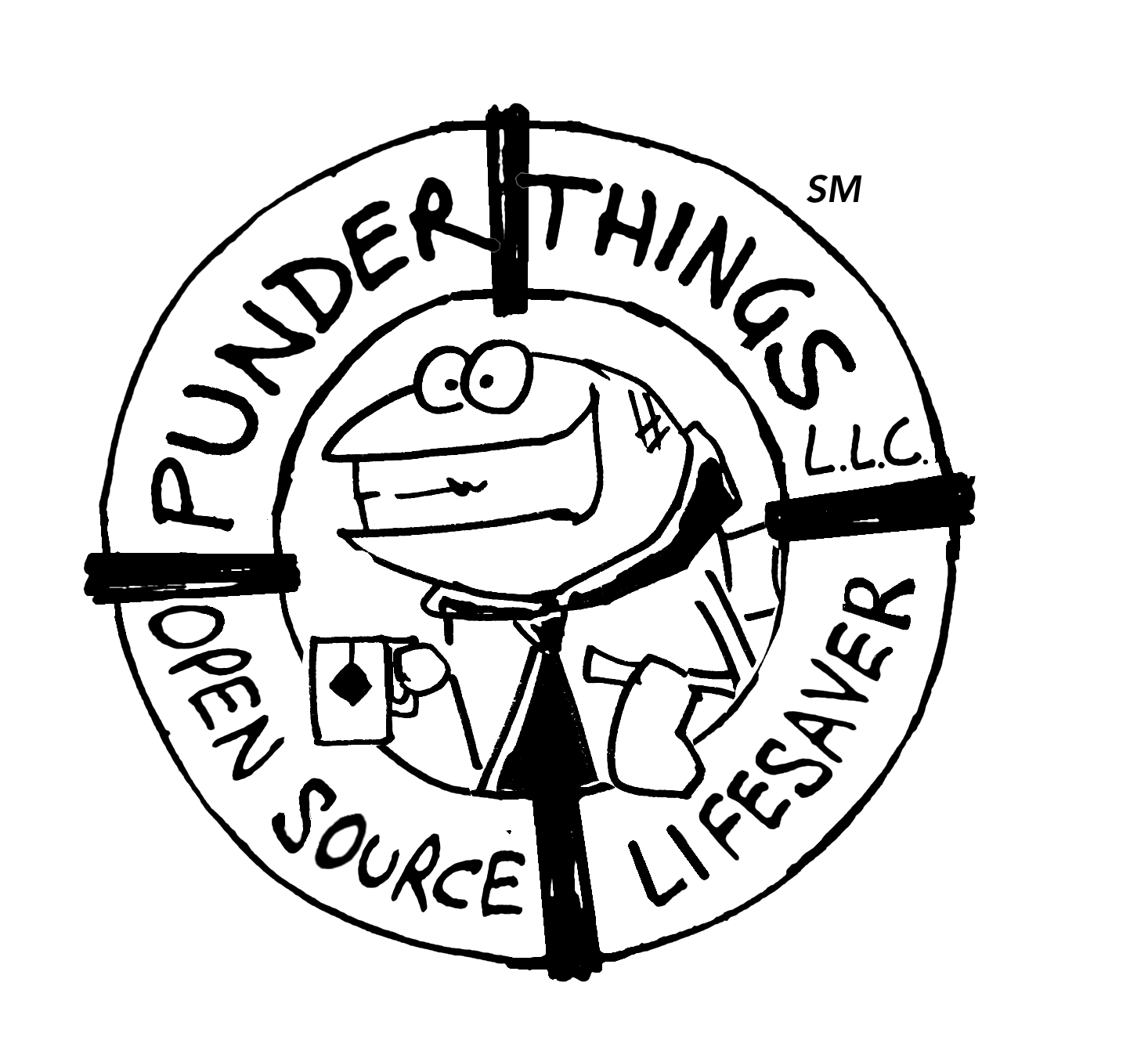TL;DR FOSS

Your simple introduction to what free and open source software means
Choose A Foundation - Guide to finding a FOSS Foundation for your project
FOSS Funding - How Foundations Are Funded
FOSS Sustainability - Sustainable Open Source Research
Open Source Conduct - Codes of Conduct in FOSS
Community Over Code - Community-driven open source stories from Apache
A different take on the meaning of just “open source” as a concept.
What Is Open Source?
Minimal Answer
Software code publicly available under an OSD-compliant license.
Practical Answer
Software products where the source code is available under a well-understood copyright license that allows users to inspect, use, and redistribute that source code, including modifications, all without cost - as noted in the OSD.. That means you can both use the software to do things, as well as building new software that includes that open source software - even for sale, if you wish. The OSI keeps a list of licenses that are OSD-compliant.
Process/Community Answer
Philosophical Answer
What Is Not Open Source?
Proprietary software - where the source code is not available, or where there are restrictive licenses or fees around use of either products or the code itself.
Source-available software - where the source is available to view, but is restricted by license from modifications or redistribution.
Similar - Near Open Source
What About Free Software?
Software that is publicly available that uses a license on the OSI list.
What is Open Development?
An open source software project where development - code check ins, making a roadmap, discussing bugs reported and how to fix them - is done on openly accessible and archived locations, like mailing list or Github.
What is Open Governance?
An open development style software project where contributors can eventually earn the right to help control the future of the project, perhaps by being elected or appointed to the project management committee or technical board.
What is Free Software?
Software that is publicly available that uses a license on the FSF list that preserves the Four Freedoms. It often, but not always, overlaps with open source licenses. FOSS means Free and Open Source Software.
Where can I go to understand more about open source?
-
Github’s Open Source Guide is a comprehensive high-level explanation of most open source concepts.
-
The TODO Group created a guide for enterprises: how to plan for and manage open source projects in business.
-
Google’s own open source office created their own guide for how to manage projects and communities.
-
RedHat’s opensource.com blog and guide to the Open Organization provides regular blogs and essays about key topics.
-
The Apache Way is a set of behaviors and techniques for distributed development used in all Apache Software Foundation projects and modified and adapted by many FOSS projects.
Brought to you by Punderthings℠ - your Open Source Lifesaver!
Need more help? Contact Shane @ Punderthings℠ Consulting for expert advice on all things open source - trademarks/branding and community building are our specialty!